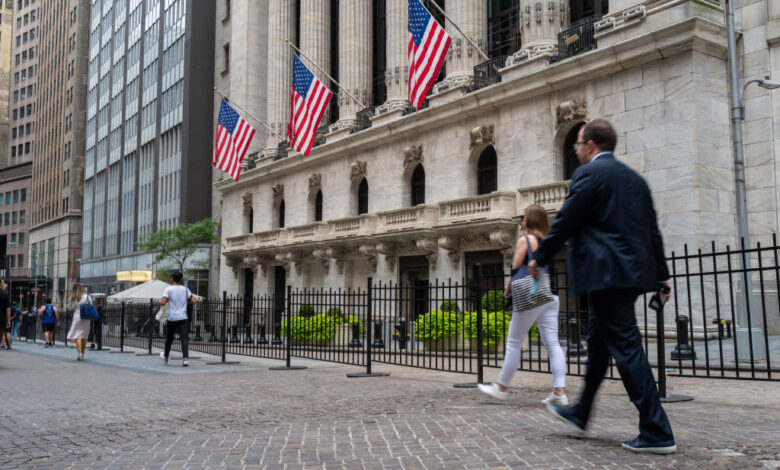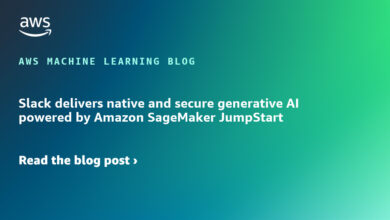As S&P 500 reaches new highs, AI will create investment opportunities

- The S&P 500 had a record close on Tuesday.
- While some investors may fear a pullback, experts say it would be wise to watch for companies that are ahead with adopting generative artificial intelligence.
People walk outside of the New York Stock Exchange in New York City on July 25, 2022.
Spencer Platt | Getty Images
The S&P 500 climbed to yet another record close on Tuesday.
The index, which tracks the performance of about 500 of the largest U.S. company stocks, has jumped 53% since inflation peaked in 2022, experts noted during the CNBC Financial Advisor Summit on Wednesday.
While that may prompt fears that a pullback is on the horizon, stocks may have more room to run.
“I absolutely feel better about equities than I have since … the financial crisis,” said Savita Subramanian, head of U.S. equity strategy and quantitative strategy at Bank of America.
Today, companies have adapted to a high inflation environment while workers are seeing positive real wage growth, Subramanian said. Admittedly, there are drawbacks including the wealth divide, income gap and protectionist inklings in the U.S.
“But I don’t necessarily think those are negative for the market,” Subramanian said. “I think those are actually very positive for the S&P 500.”
The strong runup may prompt even financial advisors to be fearful about allocating fresh capital, said Tim Seymour, founder and chief investment officer at Seymour Asset Management.
Many investors are tempted to stay in cash because “they just feel comfortable there,” according to Courtney Garcia, a certified financial planner and senior wealth advisor at Payne Capital Management.
But while up to 5% guaranteed returns on cash may feel great, it is not necessarily keeping pace with inflation, said Garcia. That’s a caution she explains to clients, she said.
Investors still may find new opportunities to invest in stocks, experts said during a session at the summit.
In 10 years or less, S&P 500 index companies will likely become more efficient and labor light, due to the effects of generative artificial intelligence, Subramanian said.
“Generative AI is a game changer,” Subramanian said. “And what that can do for industries is profound.”
Call centers have already been disrupted by AI, and other areas such as financial services, legal services and Hollywood still stand to benefit, she said.
In the 1980s and 1990s, a similar productivity and efficiency story played out with the personal computer revolution, which prompted more automation across industries.
Some companies will be poised to figure out how to use generative AI tools correctly first, which will lead their margins to expand and boost their overall multiples, according to Subramanian.
“What you want to do is figure out which management teams are going to harness the strength and the power of a lot of these new tools and do it first and do it well,” Subramanian said.
The “Magnificent Seven” companies — Apple, Microsoft, Alphabet, Amazon, Nvidia, Tesla and Meta Platforms — will continue to dominate in terms of growth, Seymour said.
But opportunities in health care, industrials, energy and utilities are cheap. International exposure should not be ignored, he said.
Each of the companies in the Magnificent Seven has different drivers, advantages and threats, Subramanian noted. That is how investors should be thinking about the entire S&P 500, she said.
“Where we are today is a real stock pickers’ market,” Subramanian said.



